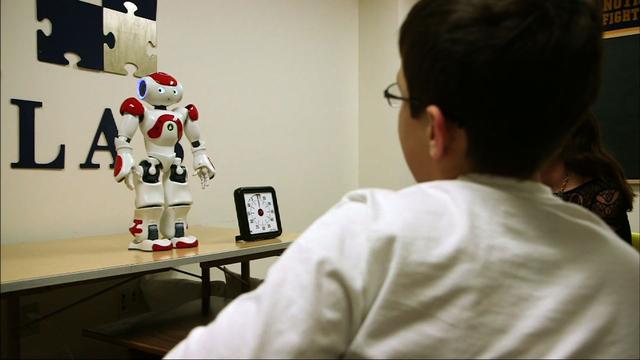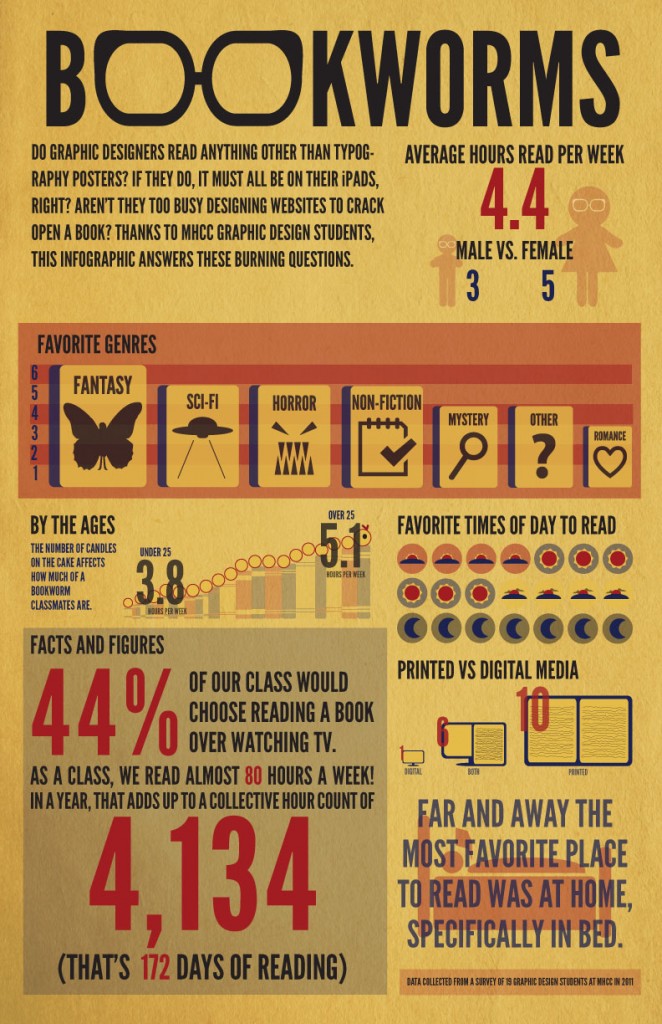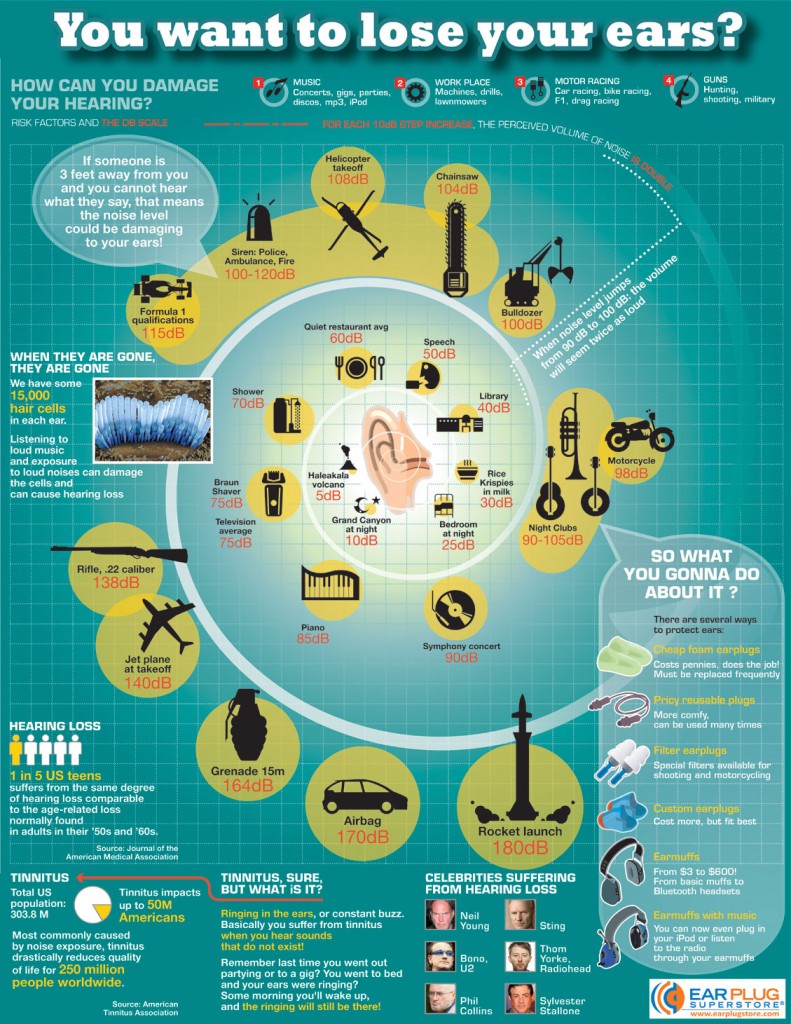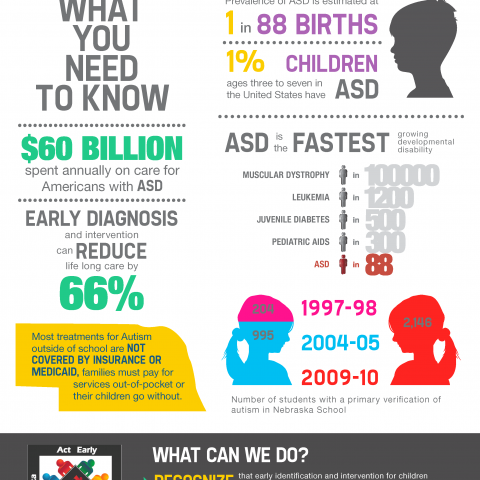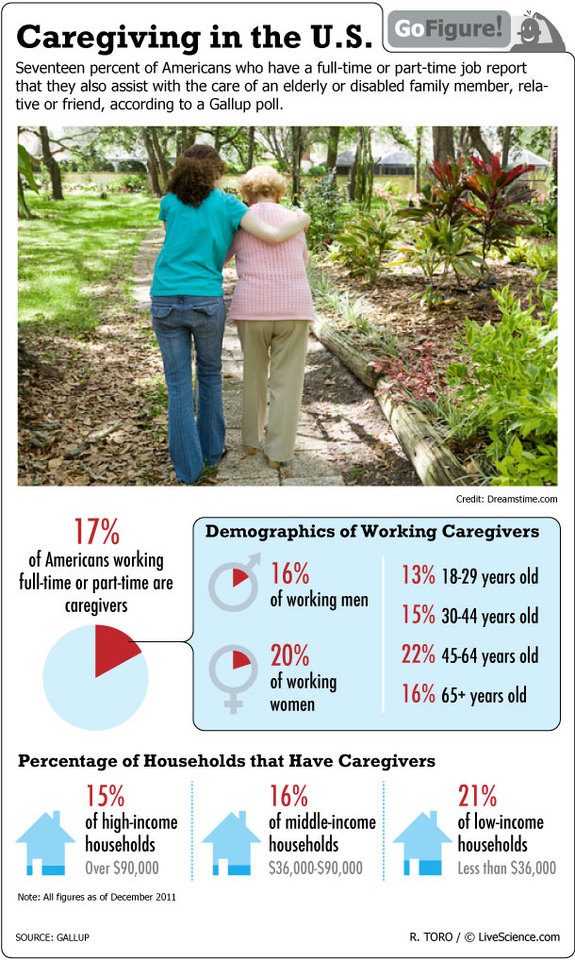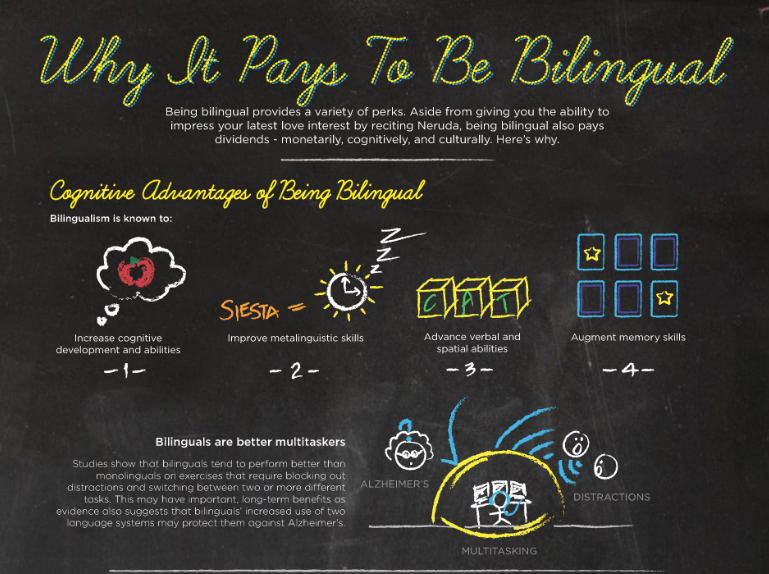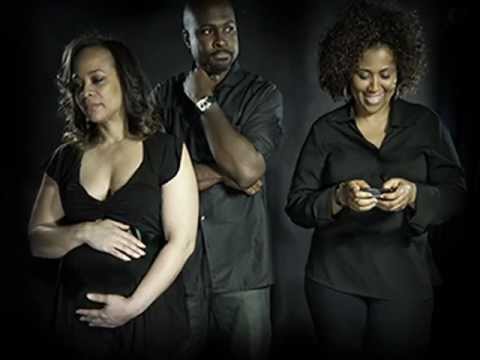Speech-language pathologists (SLPs) have long known that early intervention with speech therapy techniques is critical for encouraging the best possible outcome for children with speech disorders. This is particularly true for youngsters with autism; they typically progress more with speech and language when they receive early and intense therapies. And parents everywhere have also long known that encouraging kids – even those without speech delays or disorders – to read early and often is ideal for language development. But teaching kids to read has progressed just a tad since the popular Dick and Jane series with its ubiquitous catchphrase, “See Spot run!” (Did you know that Spot was originally a cat when the series was first published in the 1930s?) Now, researchers are adding further proof to the idea of using kids’ games to encourage early literacy and language development.
Can a Robot Help Autistic Children Learn to Speak?
NewsIf you’ve been struggling to get your autistic children to articulate words – or say anything at all, for that matter – this news update is for you. Researchers at Notre Dame have been using robots with autistic children and seeing great results with eliciting speech and even producing spontaneous vocalizations. Part of that is almost certainly because most kids tend to love robots. Some autistic children in particular seem to be attracted to tech-related subject areas. So if your child is obsessed with R2D2 and C3PO to the point at which you’re already making plans to bring your family to Disney’s upcoming “Star Wars” attractions, check out this promising study.
Teaching Kids to Read in Ohio… Or Else! What the New Law Means for Your Child
NewsEveryone has tough days at work. It’s inevitable whether you’re a speech therapist hunting down the latest speech therapy techniques, or you’re an esthetician fielding requests for crazy spa treatments like bee venom facials. (Yes, they’re a real thing.) But while most of us don’t have to deal with bee venom at work, most of us do have to deal with office politics… and some of us deal with politicians setting office rules. Teaching kids to read is no longer the sole jurisdiction of teachers, parents, and speech-language pathologists (SLPs). Case in point, if you’re a teacher in Ohio, you are now legally required to hold back a child if he cannot meet the state reading requirements. It’s referred to as the reading retention program, and Ohio is the latest in a string of states to implement it. Here’s the lowdown on the law and what it could mean for your child.
Hearing Loss in Children & Speech Intelligibility: Is Integration Right for Your Child?
Hearing Loss NewsHearing loss in children necessitates close collaboration with teachers, the special education team, and speech therapists. If you’ve been dealing with speech therapy and special education for a while now, you’re probably already familiar with the concept of integration in the classroom. Some children might head to the special resources room for speech therapy and similar sessions during the school day, for example, while others remain in the classroom for speech therapy in that setting. In the latter case, a speech therapist or aide will work with the child as he participates in classroom activities, and the speech therapist will also work closely with the teacher. Still other children are taught exclusively in special needs groups or schools. The important thing to remember with all these different models is that there is no “one size fits all” solution. Your child is unique and has his own unique needs. So it’s critically important to work with the Individualized Education Program (IEP) team to determine what suits your child best.
A recent study examined hearing loss in children. These kids were integrated into a typical classroom. The researchers who were involved in the study wanted to determine the effects of hearing loss in children on social competence and inclusion.
Talk to Your Belly: Language-Centric Pregnancy Care
NewsDid you know that at-home speech therapy for kids can actually begin in the womb as part of your pregnancy care routine? It’s true – and even young children without speech delays or similar issues can benefit from speech therapy techniques to encourage language development. These speech therapy techniques can start before your child is even born. One of the hot trends in pregnancy care, other than loading up moms-to-be with eco-friendly gifts, is putting a headset on a pregnant belly and exposing the fetus to Mozart or Beethoven. And yes, the fetus can hear that and learn from it. But a recent scientific study reveals that a fetus actually begins learning individual sounds in the womb.
Wondering How Autistic Kids Develop Language?
NewsParents of autistic kids may sometimes express frustration that it is difficult to understand what’s going on inside their children’s minds. Some autistic kids are completely nonverbal, meaning that they don’t speak at all. While speech therapy techniques can help autistic kids, we still don’t know nearly as much about autism spectrum disorder (ASD) as we should. Some people have suggested that one of the communication problems between autistic and neurotypical people is that autism has an entirely unique language all its own. This doesn’t seem too far-out when you consider that, if you’re not a computer programmer, you might have difficulty understanding the computer geek at the office holiday party who is talking a mile a minute about MySQL performance analysis with TCP/IP network traffic. (Still don’t believe me? Check out this New York Times article on Amanda Baggs, who is nonverbal, but has a “constant conversation with… (her) environment.”)
Speech therapy has definite benefits for children with autism. A speech-language pathologist (SLP) can help a nonverbal child use an augmentative and alternative communication (AAC) device. Those who struggle with articulation may benefit from Speech Buddies. But we definitely need to know more about this disorder, and researchers have risen to the challenge.
Best Resolutions for Caregivers This New Year
NewsHave you made your New Year’s resolutions yet? Many of us will start 2013 bound and determined to lose weight, de-stress, de-clutter, or get out of debt. Typical New Year’s resolutions focus on self-improvement. But if you’re the parent or caregiver of a special needs child, taking care of your own needs often takes a backseat. You’re probably too busy implementing the latest speech therapy techniques, driving your kids to occupational therapy sessions, etc. And when you’re not wrapped up in caregiver duties, you’re probably desperately trying to fulfill all of your career responsibilities – from preparing sales presentations to dealing with workplace uniforms to boost your company’s brand. And amidst that insanely busy schedule, there’s probably very little time to address your own needs. This New Year’s, resolve to take care of yourself so that you can better take care of everyone else.
Bilingual Kids Get a Boost: Benefits of In-Home Speech Therapy & Language Exposure for Multiple Languages
NewsDid yesterday’s post on raising bilingual kids make you reach for the Muzzy tapes? If not, this one might! Yesterday, we discussed some of the in-home speech therapy techniques that can be helpful for fostering language development in bilingual children. We also mentioned a New York Times article that referenced a study suggesting that bilingual children are more cognitively advanced than their peers. They tend to have heightened problem-solving skills, better memories, and an enhanced ability to focus. But three other scientific studies on bilingual kids might interest you. Read on to discover some more benefits of raising bilingual kids.
Georgia Production Helps Special Needs Children by Empowering Parents
NewsSpecial needs children can often benefit from speech therapy, including those with Down syndrome (DS). Down syndrome can significantly impact a child’s language skills, particularly in terms of his ability to express himself and understand language. Speech therapy techniques can greatly help a child with Down syndrome learn to communicate more effectively. But it’s also important not to neglect the caregivers of special needs children. As a caregiver, it’s easy to feel overwhelmed or burned out, whether you’re caring for a parent with Alzheimer’s or dementia, or you’re trying to coax a child with Down syndrome to say a word. Empowering parents and caregivers is a necessary component of a treatment program for special needs children.
Yvonne Pierre is the mother of a boy with Down syndrome. This Georgia woman recognized the need to empower parents, and she made a powerful contribution to the field with her play, “Then You Stand.” Pierre wrote and directed the stage production, which is based in Georgia and explores the complexities of the discovery that an unborn child has DS.
Early Diagnosis of Dyslexia Critical for Early Intervention
NewsDyslexia is a reading disability that affects the brain’s ability to process and interpret written language. Kids with dyslexia often require extra help in school, such as remedial learning classes or private tutors. This disability is often not diagnosed until the child begins to learn to read, typically in the first grade. But early intervention could improve the child’s academic progress. Now, researchers from the University of Padua in Italy believe that they have found a way to diagnose potential dyslexia well before the child learns to read. Early diagnosis may be possible with the use of evaluations of visual attention deficits. A second study, conducted by researchers from the Children’s Hospital Boston, have found another potential way to diagnose dyslexia in very young children: with the use of magnetic resonance imaging (MRI) scans.


